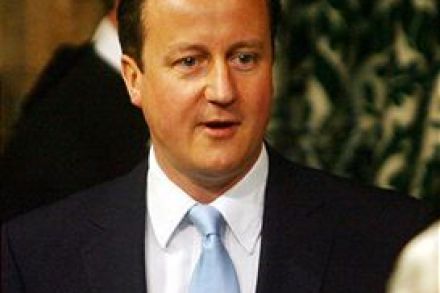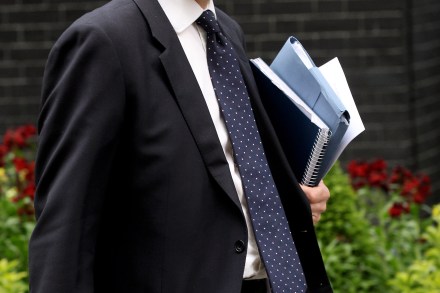David Laws resigns
It was inevitable, but this is hugely regrettable as Laws is a star performer and I feel he has been the victim of a media gay-hunt that belongs to a bygone era. The sums of money involved are slight in comparison to some, and there are arguments that other ministers should resign for having committed similar or worse offences and for having shown markedly less contrition. But it is refreshing that a minister would resign over a personal transgression with haste and dignity. His successor is understood to be a Lib Dem, probably Chris Huhne or Jeremy Browne. Huhne made his money working on hedge funds so he is a more or less a like for like replacement. I’m uncertain he shares Laws’s enthusaism for the Tory position



















